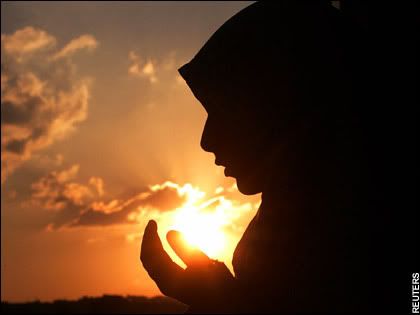
After reading three cups of tea my perception of Americans have change (please do not take offense ;p) it is pretty funny how I believe this one man, Greg Mortens0n can definitely change many lives (in this case especially in Pakistan and Afghanistan). I agreed when in one of the video of Mortenson we watched in class on how people, especially the Americans are being ignorant when it doesn't have anything to do with them; I am pretty sure not many people care about what is going on out there let alone take action on it like what Mortenson have done for the past years. Through his book, Mortenson made good points of the importance of education on how both boys and girls have to be educated. He believed that one way to combat "terrorism" is through education, which I totally agree with because education is important and that is what I learn too in my religion; that there are only two things you'll bring with you when you die and that is your religion and your education :)














